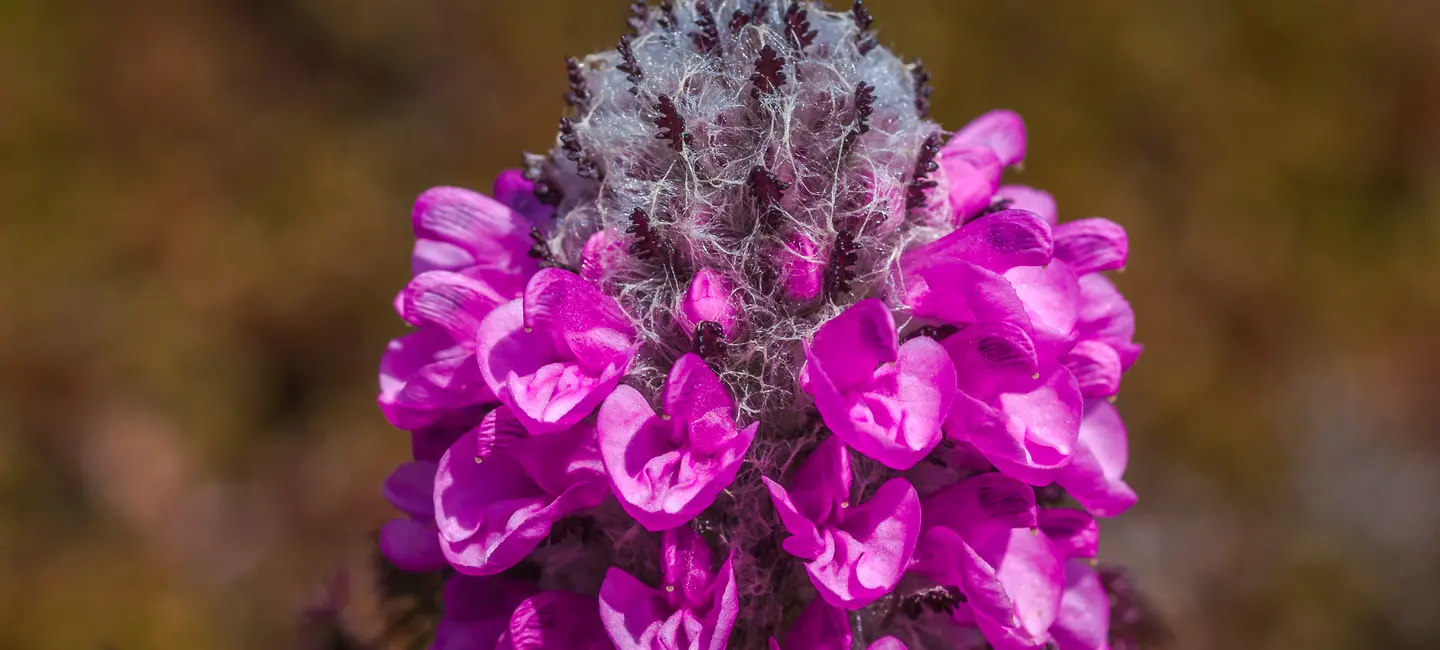
Lousewort is a group of plants. The whole plants are sometimes used to make medicine.
People use lousewort for heart failure, lice, and an itchy skin infection caused by mites (scabies), but there is no good scientific evidence to support these uses.
Is It Effective?
NatMed Pro rates effectiveness based on scientific evidence according to the following scale: Effective, Likely Effective, Possibly Effective, Possibly Ineffective, Likely Ineffective, Ineffective, and Insufficient Evidence to Rate.
- Cough.
- Diarrhea.
- Headache.
- Heart failure.
- Indigestion (dyspepsia).
- Itchy skin infection caused by mites (scabies).
- Lice.
- Muscle soreness.
- Sore throat.
- Stomach ulcers.
- Swelling (inflammation) of the main airways in the lung (bronchitis).
- Swelling (inflammation) of the tonsils (tonsillitis).
- Other conditions.
More evidence is needed to rate the effectiveness of lousewort for these uses.
Is it Safe?
There isn't enough reliable information available to know how lousewort might work.
When taken by mouth: There isn't enough reliable information to know if lousewort is safe or what the side effects might be.
When applied to the skin: There isn't enough reliable information to know if lousewort is safe or what the side effects might be.
Special Precautions & Warnings:
Pregnancy and breast-feeding: There isn't enough reliable information to know if lousewort is safe to use when pregnant or breast-feeding. Stay on the safe side and avoid use.
Iron-deficiency anemia: Lousewort contains chemicals that bind to iron. In theory, this might reduce the amount of iron that the body absorbs from food and supplements.
It is not known if this product interacts with any medicines.
Before taking this product, talk with your health professional if you take any medications.
There are no known interactions with foods.
The appropriate dose of lousewort depends on several factors such as the user's age, health, and several other conditions. At this time there is not enough scientific information to determine an appropriate range of doses for lousewort. Keep in mind that natural products are not always necessarily safe and dosages can be important. Be sure to follow relevant directions on product labels and consult your pharmacist or physician or other healthcare professional before using.
Bracteate Lousewort, Bracted Lousewort, Bracted Pedicularis, Common Lousewort, Dwarf Lousewort, Early Lousewort, Pédiculaire, Pedicular, Pedicularis bracteosa, Pedicularis canadensis, Pedicularis centranthera, Pedicularis gracilis, Pedicularis longiflora, Pedicularis siphonantha, Pinyon-Juniper Lousewort, Wood Betony.
Information on this website is for informational use only and is not intended to replace professional medical advice, diagnosis, or treatment. While evidence-based, it is not guaranteed to be error-free and is not intended to meet any particular user’s needs or requirements or to cover all possible uses, safety concerns, interactions, outcomes, or adverse effects. Always check with your doctor or other medical professional before making healthcare decisions (including taking any medication) and do not delay or disregard seeking medical advice or treatment based on any information displayed on this website.
© TRC Healthcare 2024. All rights reserved. Use and/or distribution is permitted only pursuant to a valid license or other permission from TRC Healthcare.
